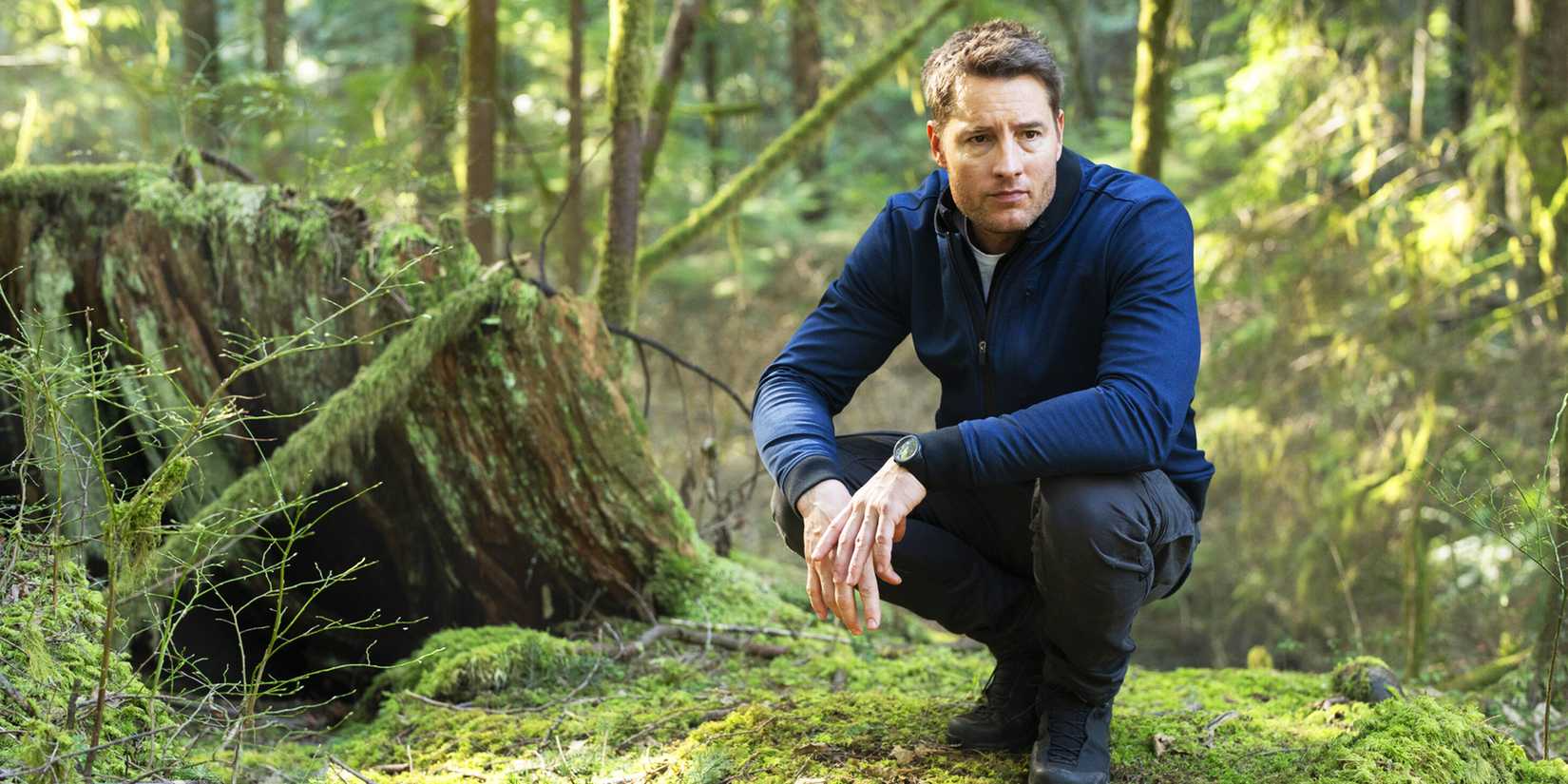
Justin Hartley’s action drama procedural Tracker has been a big hit for CBS, clocking up strong viewership in the process, and providing one of the best novel-to-screen adaptations of recent times. Tracker follows Hartley’s Colter Shaw, a tracker and survivalist expert who travels the country assisting law enforcement and private citizens in exchange for reward money. Tracker season 3 was renewed in February 2025, and though no air date has been set yet, the show will run through the 2026-27 broadcast season.
Since its debut, Tracker has quicky become successful for its story character arcs, and themeatic explorations, and has become one of the most interesting and exciting procedurals in recent times. However, despite being an action-drama show, and functioning as a procedural, in many ways, Tracker is actually a modern Western in disguise. It embodies many of the hallmarks and tropes of Western movies, and this makes it an intriguing and multi-layered show.
Colter Shaw Operates Like An Old Western Cowboy Throughout Tracker
One of the key tropes of great Western movies features cowboys journeying across the Old West, often alone, choosing lives of solitude. Many of these men are brought into the orbit of those in need of their help, and often reluctantly wind up helping. Colter has a simple and solitary lifestyle, choosing solitude, and is haunted by the ghosts of his past. This mirrors many of the heroes in Old West movies and TV shows. The way he lives helps him to be good at his job, but can also lead him into difficulties that require others’ help.
Another Western theme that runs through the series sees Colter living a nomadic life, drifting from place to place, with no real fixed home. A life on the road, driving into new frontiers, where crime is often rampant, and this is one of the core Western motifs that is seen in classic movies like True Grit, Shane, and Unforgiven. Colter’s strained relationship with his family in Tracker, and his difficult upbringing pushes him into this life of a lonesome cowboy, but, much like the cowboys in Westerns, he learns that he needs human connections to ground him in the world.

Tracker Paints The Natural Landscape As A Character In & Of Itself
Colter’s upbringing in the wilderness, and childhood training, means that he has a deep understanding of the natural world and the landscapes he traverses. This actually plays a prominent role in the show. Whether it’s dense woodland, open plains, snow-covered hills, or raging rivers, the natural world is a force to be reckoned with, and Westerns will often depict the changing and sometimes brutal landscape as a character in and of itself. It provides advantages and challenges to all characters — it’s simply a case of knowing how to use it.
Over the course of the show, Colter’s ability to navigate treacherous terrain, identify dangerous flora and fauna, and be self-reliant means that he can thrive alone in the wilderness. This is something that will likely be explored in more detail following the Tracker season 2 finale, and is one of the reasons Colter has been able to make so much money and solve so many cases. In the wild West, the landscape is powerful, unforgiving, and showcases the perfect example of Man vs. Nature, and this is something that Tracker touches on as well.
How Being A Modern Take On A Western Story Helps Tracker’s Success
Tracker is a show that has managed to carefully balance the contemporary world with rural backdrops where things like technology take a back seat. But I think one of the interesting ways the show can evolve as a modern Western is to integrate more contemporary challenges alongside classic Western genre tropes. While things like rugged individualism and frontier justice are still core parts of the show, Tracker could evolve by exploring more modern challenges, such as cybersecurity, social justice, and the ethical and legal repercussions of taking the law into one’s own hands.
Colter has seen Randy join his time late in season 2, which can help lead to things like cybersecurity, diversity, and other social causes. More environmental themes would also help to expand the classic American West tropes, while also exploring relevant and prominent environmental factors, like global warming and forest fires, and these could be some of the issues that Tracker season 3 seeks to explore. Balancing Western tropes with contemporary themes presents some of the best episodes of Tracker, and this could continue to be a theme.
“Enjoy ScreenRant’s primetime coverage? Click below to sign up for my weekly Network TV newsletter (make sure to check “Network TV” in your preferences) and get the inside scoop from actors and showrunners on your favorite series.”
